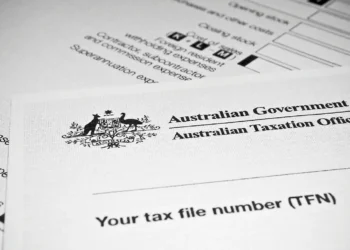There are many different reasons for governments around the world to legalize gambling. It might be to raise revenue through taxation, or perhaps for the realization that people are going to gamble anyway, so you may as well give them a safer environment in which to do so.
In Singapore it was for relevance, with then Prime Minister Lee Hsien Loong recognizing the need to invest in tourism infrastructure to shed rising regional sentiment that the city lacked excitement.
But the Philippines is unique in that its vast gaming industry is specifically designated as a key source of funds for nation-building, with its regulator PAGCOR assigned the task of maximizing revenues for this purpose. That’s why in the Philippines and the Philippines alone you’ll see hospitals and schools and shelters with signs out front declaring they were “Proudly built by PAGCOR” or another similar message.
Yet this has also created somewhat of a contradiction: How does a regulator perform its task of keeping an industry in check, when driving as much revenue as possible is at the heart of its charter?
As Daniel Cecilio, SVP of PAGCOR’s Land-Based Operations Licensing & Regulatory Group, said at the recent IAG Academy Summit, “Regulating gambling here in the Philippines provides the funds for social saving projects for the government, and it’s very important that we do this.”
The most obvious example of the confliction is PAGCOR’s Casino Filipino brand, comprising some 43 casinos around the country that are owned and operated by PAGCOR itself. Where else in the world have you seen an agency that is both a regulator and an operator all at the same time?
It’s undoubtedly a gremlin in the system and one that the current PAGCOR administration – led by Alejandro Tengco – is hell-bent on fixing. However, the fact that previous administrations have failed to do so further illustrates the challenges PAGCOR faces in its quest to drive revenues.
I clearly recall a previous move by the agency to privatize Casino Filipino, under former PAGCOR chief Andrea Domingo, only for the idea to stall just a few months later. When IAG asked Domingo why she had shelved her privatization plans, she frankly explained: sorry, those PAGCOR casinos were simply making too much money!
Tengco therefore deserves credit for pushing the long-overdue privatization policy through, even if divestment comes only after a lengthy revitalization project aimed at maximizing the value of the Casino Filipino venues before putting them on the market. He’ll soon lose the POGO industry and its revenues too, which perhaps explains why he remains so industry-friendly – openly pushing for the development of new integrated resorts around the country and, more recently, the expansion of the eGames segment, which brought in a record US$552 million in 2Q24 GGR, up 525% year-on-year.
For both regulators and investors around the globe, it certainly makes for an interesting case study but also one that sends a clear message to the gaming world: the Philippines is very much open for business.






























